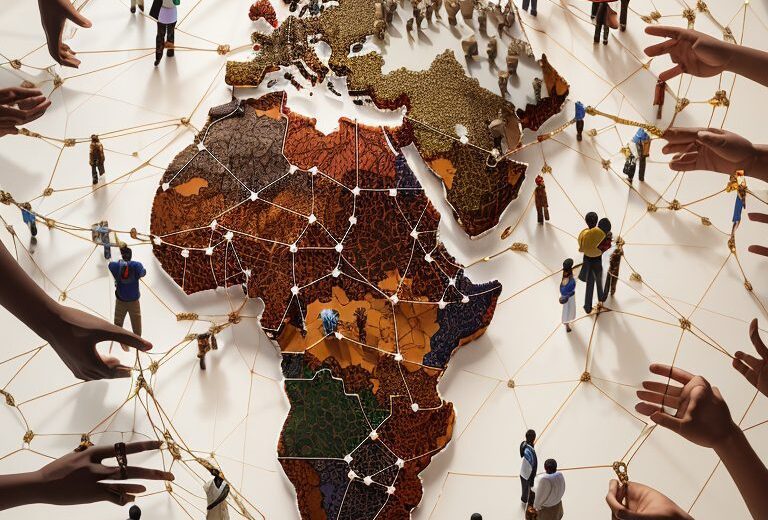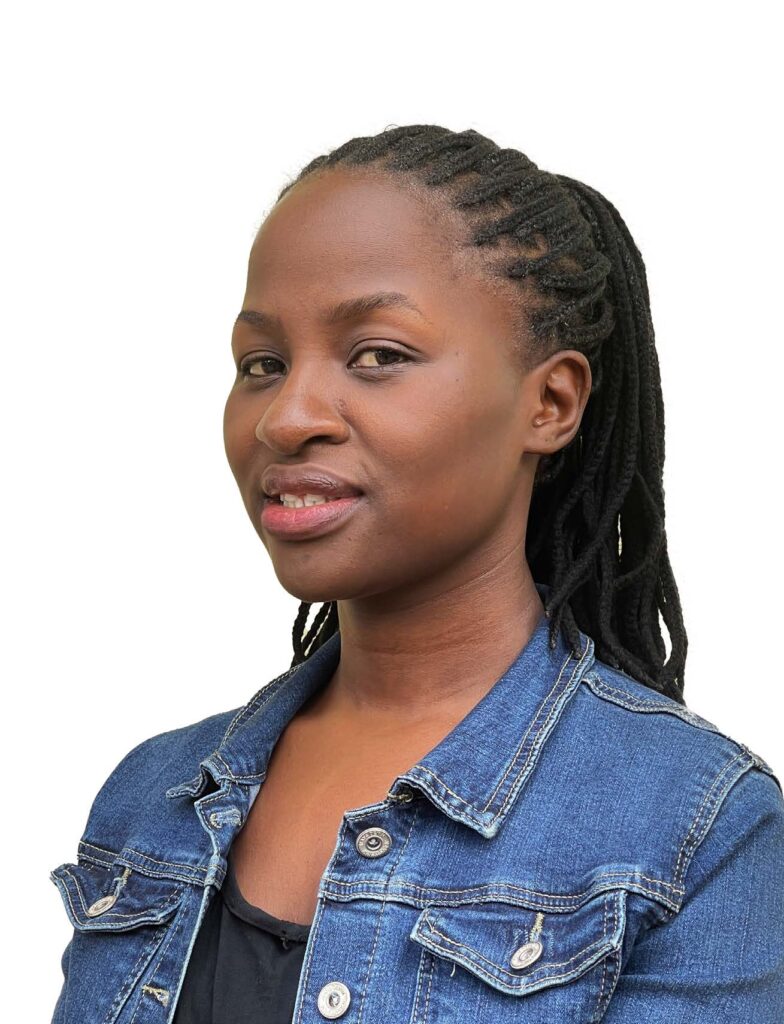
The Transformative Power of Philanthropy
The act of philanthropy, or local giving, is a testament to humanity’s boundless generosity and compassion. There is no doubt that it has the potential to transform society profoundly. It is vital in creating a more equitable and sustainable world by recognising our global interconnectedness. It is also key to investing in education and empowerment and embracing innovation and collaboration.
Philanthropy is an integral part of our African identity; whether contributing to family support, community or national development. It serves as the glue that binds communities together and contributes to the development of our continent.
Local giving can mean different things. For some, it can be about supporting a place close to home or work. For others, it may mean giving back to the community in which they grew up or where their family originally came from. But in all senses, it’s focusing your giving around a geographical area that matters to you.
One of the most memorable moments was during the COVID-19 lockdown. Nuwamanya Hillary, a young person living with HIV, and his friends decided to ride their bicycles to distribute ARVs to those who couldn’t access their health facilities due to the transportation ban. On the day he was supposed to deliver mine, he contracted COVID-19. He had to send his colleague who had just recovered to deliver.

I was touched by how they risked their lives for others. When he recovered, I hosted him on my show ‘Upclose With Eva Nakato’ to share this remarkable deed with the world. It was wonderful to witness the power of sacrifice amidst a deadly pandemic.
Local philanthropy or philanthrolocalism is the ability to meet a sudden need, an approach to giving that benefits the community. There’s no shame in wanting to fix problems, but ignoring a local need is not the appropriate way to go.
A community in Fort Portal District, Uganda, decided to collect money locally to renovate a dirty community well. Children were prohibited from fetching from it after the renovation. A barbed wire fence was installed to prevent them from playing and dirtying the well and avert unexpected accidents. At the same time, women are not allowed to do their laundry there while men are banned from washing their motorcycles and bicycles in it. Cleaning is done in shifts depending on the number of households. A fine and punishment were imposed on anyone found breaking those rules.
Giving back to the place you call home unites the community and bridges social, economic and political gaps. It also impacts and improves the lives of people in need and is a memorable experience for generations to come. During his school days, Mr Kaweesa Christopher walked 14 miles, 5 times a week for 3 years to attend school. This was because there were no secondary schools in his village at the time: a situation that affected his education growing up.
Having lived through many hardships, he decided to start a secondary school for two reasons. One was to inspire and change the mindset of the villagers who didn’t value higher education since they couldn’t afford secondary schools. The second objective was to stimulate the rural socio-economic development of Kiryokya and its surroundings.
He shared the idea with his father, negotiated, and bought five acres of land from him to start a school. Luckily his father understood the essence of putting up a secondary school in the area and was fully on board. Right now, Kiryokya Parents Secondary School is ranked among the top 3 schools in the district. It has changed the literacy level in the area with 600 students from all parts of the country.
There is a special kind of joy you feel as a contributor especially when it is your community that is being impacted. Local giving might not solve the root of the problem in society entirely, but it can create a huge change for those in need. Don’t resist the urge to better your world. Your financial status is irrelevant. It’s not about how much you offer but what you can offer. Remember, the real recipient of the blessing is the giver, not the receiver.

Leave a Reply